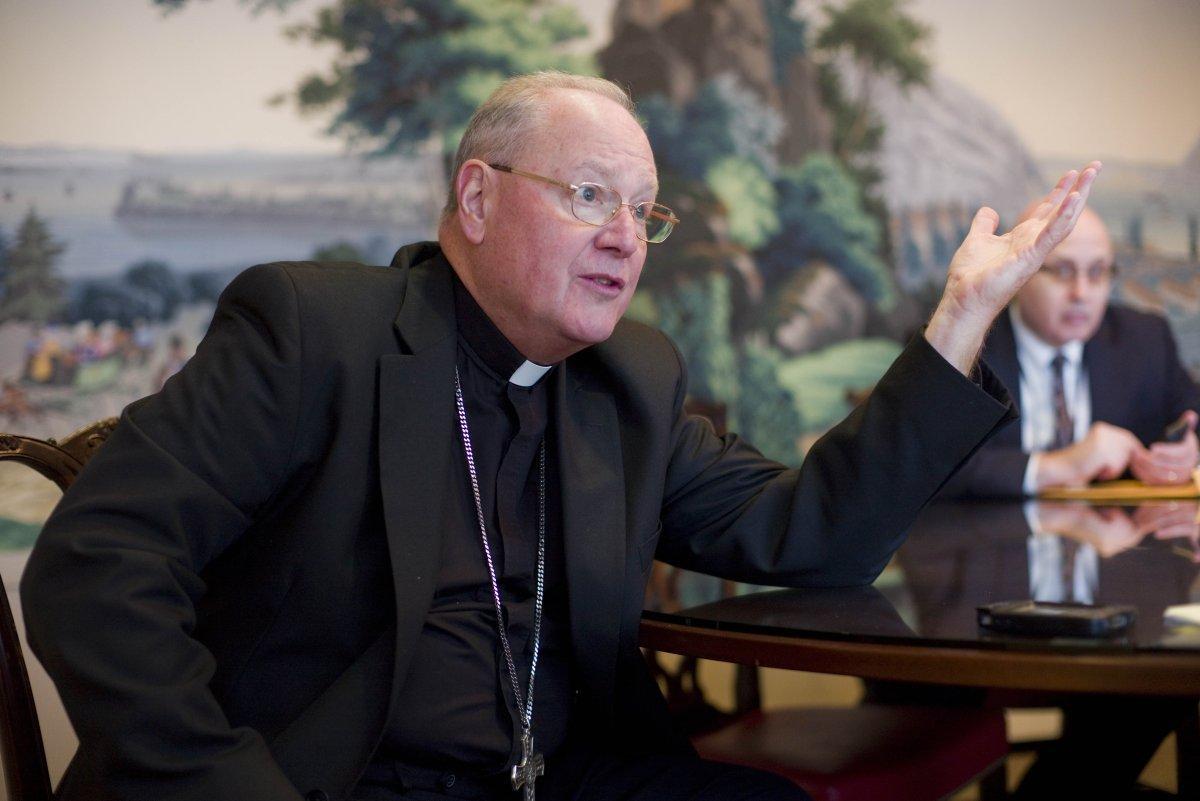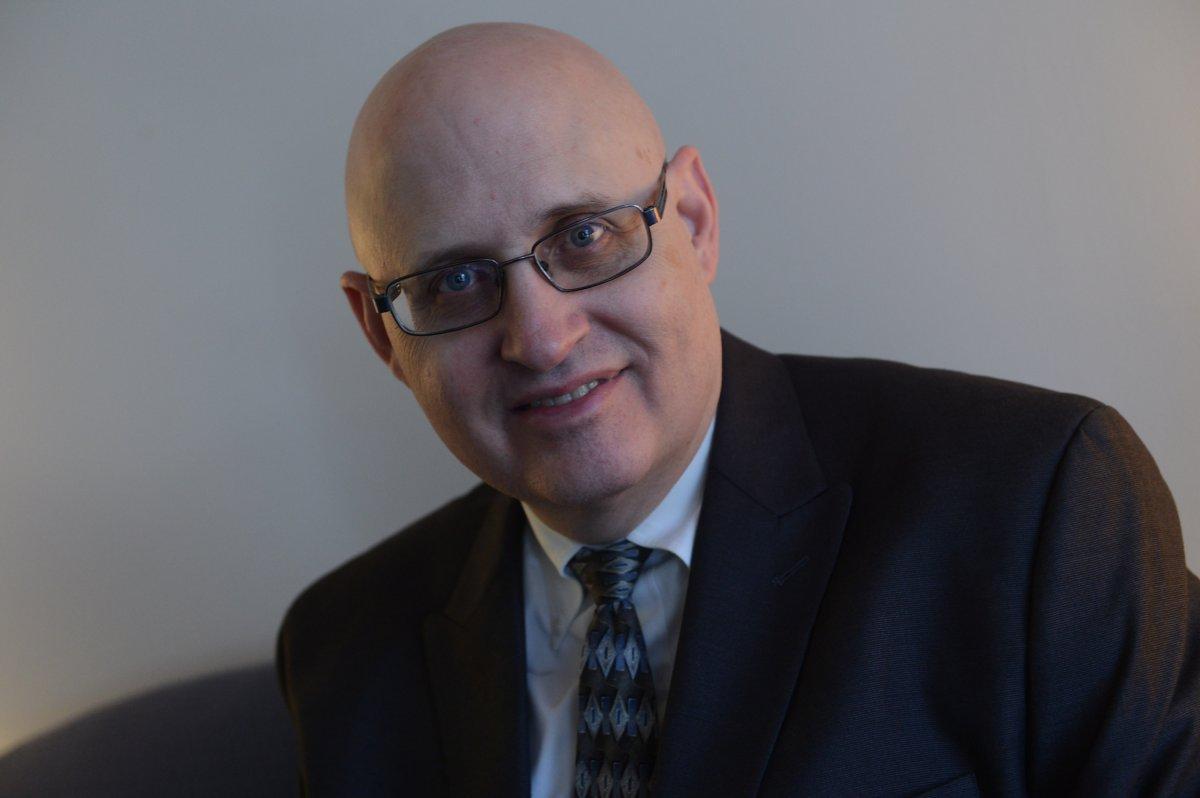|
EXCLUSIVE: Staten Island Catholic orphanage sex abuse victim still feels pain 70 years later
By Michael O’keeffe
The beating took place 70 years ago, but the pain is still fresh. When “Don” told the priest who ran St. Michael’s Home for Children on Staten Island that one of his employees had molested him repeatedly over the previous two years, the clergyman gave the boy a lecture about damaging another man’s reputation. Then he told Don, who asked the Daily News to withhold his last name, to report to the employee who allegedly sexually abused him for his punishment. “When he (the employee) got a hold of me, he beat me with a paddle that was three inches wide and about one inch thick,” said the 80-year-old Florida resident, his voice quivering as he recalled the beating during a recent telephone interview. “He beat the back of my legs like he was really mad. I thought he would never stop.” Don and his Manhattan attorney Jordan Merson have sought damages from the Archdiocese of New York for several years, but they have been repeatedly rebuffed, and it’s unlikely that Don will receive the compensation — or the justice — he believes he deserves any time soon. Don’s case, according to Merson and sex-abuse victim advocates, illustrates both the shortcomings of the Independent Reconciliation and Compensation Program unveiled by the Archdiocese of New York earlier this month and the need for statute of limitations reform for child sexual abuse cases. Don, born in Brooklyn, was just 7 years old when was sent to St. Michael’s with his older brother. The boys were not orphans, but they did come from a troubled home. Don says his father was an alcoholic who sometimes beat his mother. When his parents separated, Don’s sisters went to live with his mother while Don and his brother moved in with their father. The father was unable to care for the boys, however, and they were eventually sent to St. Michael’s, which closed in 1978. The boys spent weekends at their father's home in New Jersey. Their mother was a regular visitor, often bringing clothing and other gifts. Don says his first five years at St. Michael’s were mostly positive, but his last two years were horrific. Don was just 12 years old when he became a target for the orphanage employee — a layman, not a member of the clergy — after his brother left the orphanage. He said the abuse began when the St. Michael's employee woke him up in his dormitory room. “He began fondling me, and then he had his way with me,” Don said. “I remember being very frightened.” Don says he was also once molested at St. Michael’s by a seminarian assigned to mentor him. He does not know that man’s name, he said, although he remembers the name of the orphanage employee who abused him quite clearly. Don finally told the priest who ran St. Michael’s about the lay employee’s sexual abuse, resulting in a beating he still remembers vividly. But there was a silver lining — the employee stopped abusing Don after that, he says. Don eventually left the orphanage and moved to Florida, where he raised his family and worked for decades as an auto mechanic. He spends much of his time now caring for his disabled daughter. “He is a wonderful man,” his wife says. “Every day, every night, he is there for our daughter. I’m sorry he had to go through anything so bad.” Don reported the abuse to the Archdiocese a few years ago, but Merson said Archdiocese officials told him it was not responsible because a religious order, the Sisters of Mercy, operated the orphanage during the seven years Don lived there in the 1940s. The Sisters of Mercy, Merson says, told him the Archdiocese operated St. Michael’s during that period. “Nobody is willing to take responsibility,” Merson said. “Nobody is willing to explain how this happened.” New York City property records, Merson said, say a group called the Presentation Sisters of Staten Island operated the facility. A certificate of occupancy lists the operator as the Sisters of the Presentation. The records suggest the Sisters of Mercy operated the orphanage during the 1940s. New York’s statute of limitations on child sex abuse cases bars victims from pursuing litigation after their 23rd birthdays, and Merson says that means he can’t subpoena documents from the Archdiocese or the Sisters of Mercy to identify who operated the home. Archdiocese spokesman Joseph Zwilling told the Daily News that New York church officials had forwarded the case to the Sisters of Mercy. “It is our practice to forward any allegation we receive concerning a member of a religious order, or an institution run by the religious order, to the head of that order,” Zwilling said. “We tell the person who brought the allegation to whom the matter has been referred, so that he or she can properly pursue the matter. The archdiocese takes such allegations very seriously, as do the religious orders themselves, who have their own policies and procedures for responding to abuse allegations.” Sister Patricia Vetrano, the president of the Sisters of Mercy Mid-Atlantic Community, and Richard Warren, an attorney representing the order, did not return calls for comment. Merson said Don’s case is the Child Victims Act, a bill that would eliminate the statute of limitations in child sex abuse cases and make it easier for victims to pursue justice. The bill faces stiff opposition from the Catholic Church. “We are at the mercy of two entities that refuse to give us any information,” Merson said. Merson said he recently contacted the Archdiocese to see if Don would qualify for damages under the Independent Reconciliation and Compensation Program recently unveiled by Timothy Cardinal Dolan. Church officials told Merson that Don was not eligible because he was sexually assaulted by a lay employee, not a priest or deacon. “The IRCP has been established only to cover cases of abuse by clergy (priests or deacons) of the Archdiocese of New York," Zwilling said. “It does not cover members of religious communities, priests from other dioceses, or lay people.” Merson said he has concluded the IRCP is nothing more than a public relations move intended to persuade state lawmakers that the Child Victims Act is unnecessary because the Church is taking care of sex abuse victims. “This program is nothing more than window dressing — albeit with stained-glass windows,” Merson said.
|
.
Any original material on these pages is copyright © BishopAccountability.org 2004. Reproduce freely with attribution.

